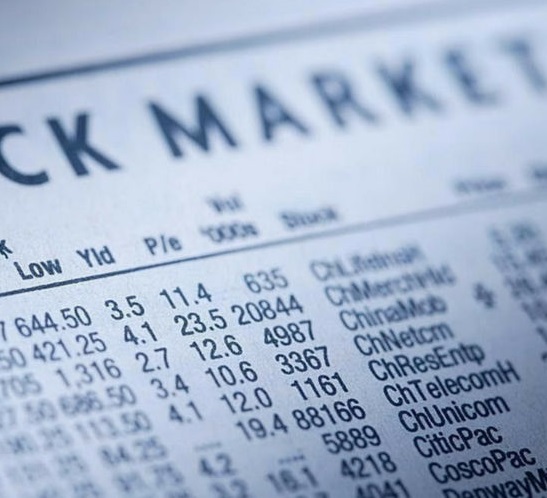What We Know About the Justices' Stock Holdings Even Without Their Disclosure Reports
 The three Supreme Court justices who own individual securities – Chief Justice John Roberts and Justices Stephen Breyer and Samuel Alito – shed up to $1.045 million from their stock portfolios in 2016 and up to $1.475 million in 2015.
The three Supreme Court justices who own individual securities – Chief Justice John Roberts and Justices Stephen Breyer and Samuel Alito – shed up to $1.045 million from their stock portfolios in 2016 and up to $1.475 million in 2015.
All told, Roberts, Breyer and Alito owned shares in 49 companies at the end of 2016, compared to 60 companies at the end of 2015 and 76 companies at the end of the 2014.
In a few weeks, we’ll learn the extent of the stock-shedding in 2017 when their financial disclosure reports are released.
Already, we have some sense of the justices’ stock ownership due to their recusals this term, which often occur due to their financial holdings. In the table below, we’ve compiled a handy list of which holdings have appeared so far.
So far this year the justices have only recused themselves 28 times due to stock ownership, down from 47 times last term.
For example. Chief Justice Roberts recused himself from Front Row Technologies v. MLB Advanced Media et al. because Time-Warner was a named party, and we’ve listed Time-Warner under “2017” in Roberts’ section below.
Here we’re most concerned with individual securities, as A) they’re likely to induce unnecessary recusals, leaving a case with an eight-justice court and B) they’re the most easy to remedy, as we want the justices to shed their shares and instead put their money into blended funds, retirement accounts or even a blind trust.
We should note that seven justices recused from a single petition last month due to their ownership of mutual funds and other retirement accounts, which is understandable given that pretty much every one of those under the sun was a named party in the case, on the Tribune Co.’s 2007 leveraged buyout.